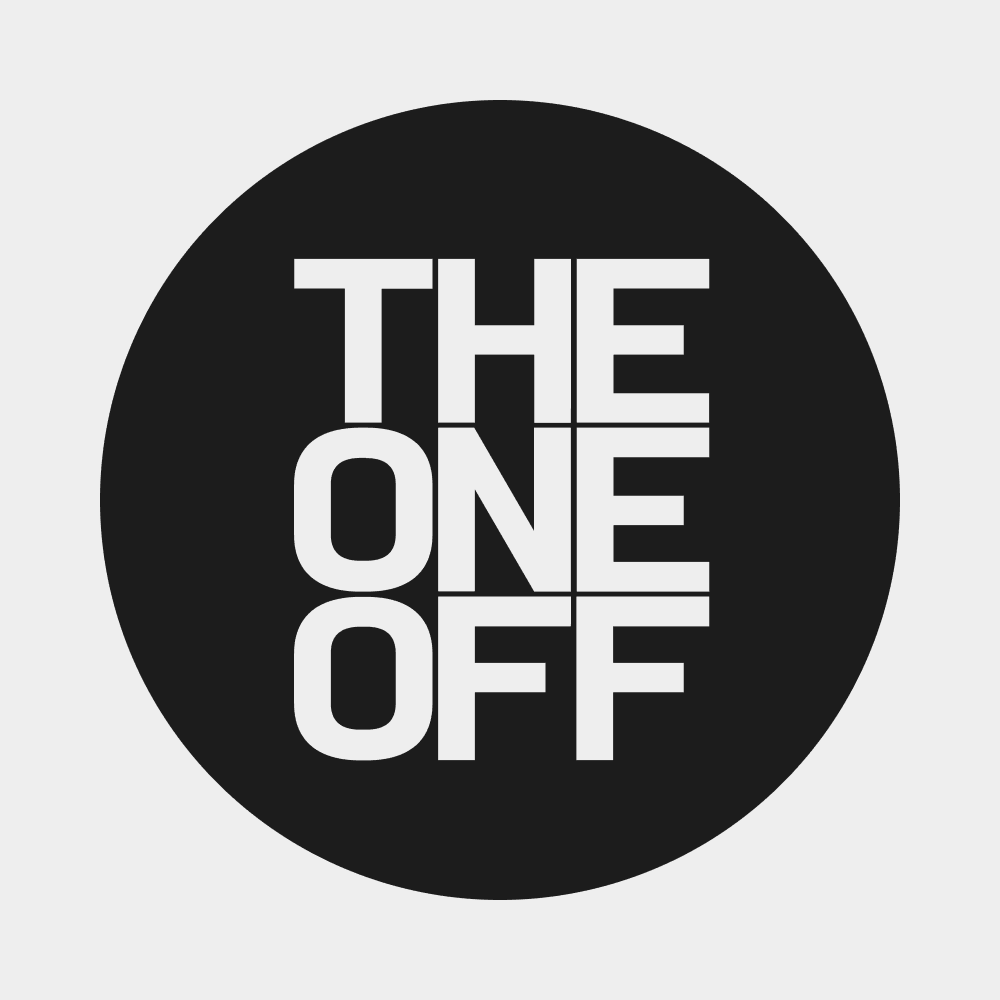Insights
Now is the time for kindness.

In times of crisis, such as these, it is difficult for brands and businesses to know where to begin. In just a few short weeks, life as we know it has changed significantly and governmental guidelines have seen society shift into protection mode.
As a nation, the limits of our own existence have shrunk inwards as we focus on ourselves, our families and our communities. Pleas from celebrities, social media and the Monarchy itself all reflect this – with further calls to follow government advice, to ‘remain united and resolute’, and to stay at home.
Meanwhile, rapidly changing consumer behaviour highlights the importance of cultivating companionship and community. The now viral Houseparty app, for example, amassed ‘two million downloads worldwide in the third week of March 2020’
With change happening at such unprecedented pace and feelings of widespread anxiety and fear to navigate, what actions can brands take to do good, retain purpose and take care of their people?
Brands as good citizens
With the threat of coronavirus, consumers are feeling particularly vulnerable. Empathy, therefore, is crucial and brands should expect to show humility in the face of a force larger than all of us. People are not only open to hearing from businesses, they are demanding it – with 75% of consumers believing that brands have a responsibility to help out during the pandemic. (https://www.acemetrix.com/insights/blog/how-brands-are-navigating-covid19-pandemic/)
Dial House Founder Alex Wipperfürth suggests that “We have previously wanted brands and corporations to step up and be part of the solution: for the environment, for social change, for health improvements, etc. This pandemic is globally so forceful that we are finally realizing that we should and will hold them accountable, like we have never done before.”
So, what should businesses be saying in a time when the nuances of brand voice are more delicate than ever? Ultimately, brands who use this time to be commercially exploitative will not fare well, better to present empathy and transparency and speak plainly about how your brand can and will help in the midst of a crisis.
Nike, for example recognised quickly that they need to do their part, actioning change across various parts of their business including pivoting production into PPE, promising ‘pay continuity’ to staff and giving free access to the premium part of its Nike app. This, all communicated to consumers in the way that Nike does best, with the launch of their ‘Play Inside’ digital campaign.
Actions speak louder than words
At this time, brands should also rely on their actions to do the talking. There is no greater show of solidarity than, “we’re helping to fight this pandemic in any way that we can”.
The list of brands looking to help in positive ways is upliftingly long. Burberry for example, are helping to manufacture PPE, as is Ralph Lauren, Gap and Brooks Brothers. JetBlue are flying medical professionals and supplies free of charge; Crocs are offering free shoes to frontline staff and Made.com have donated furniture to NHS hospitals to ensure doctors are comfortable when on breaks from their shift.
Now is a time for bravery, resilience and innovation from business leaders and whilst not every brand can play a meaningful role here, some that wouldn’t be expected from Brewdog to Budweiser have joined the fight in ambitious and creative ways.
It is these actions, which come from a place of kindness that will not only be noticed but remembered by consumers post-covid.
Focus on people
With the coronavirus causing widespread isolation, connecting people should be at the forefront of the agenda right now. Brands should use this time to focus on their employees, their customers and communities as a whole.
Even if they are unable to help directly, many brands are stepping up in other meaningful ways. Headspace, for example are offering free meditations via their app whilst Audible are giving children cooped up at home the opportunity to access books for free.
Even the act of providing key information is crucial, IKEA for example are using their platform to keep people informed with their simple ‘Stay Home’ instruction.
Communicating successfully in the current climate is challenging. However, by consistently tracking behavioural changes and observing real-time conversations on social media channels, brands will be able to identify trends quickly and talk to their customers in a more authentic way.
Post Covid-19
Now and in the new norm, businesses will be remembered for how they acted in the current crisis.
Firstly, brands should behave as good citizens, actively demonstrating how they are taking customer and employee health seriously, speaking plainly about plans to help. Communicate with caution and stick to the promises you make.
Secondly, do what you can to help, use brand assets for the broader good and develop ways to support key workers and the wider community. Finally, show solidarity through acts of kindness, help your employees, customers or wider society.
Post Covid, new opportunities may arise after revisiting key agendas. In the long term, brands could use these new ways of working as a springboard to support diversity, revisit their sustainability agenda or rethink their role in the community.
But for now, businesses will ultimately be measured on their response to the current Coronavirus crisis, and the most valuable contributions will be measured in kindness.
